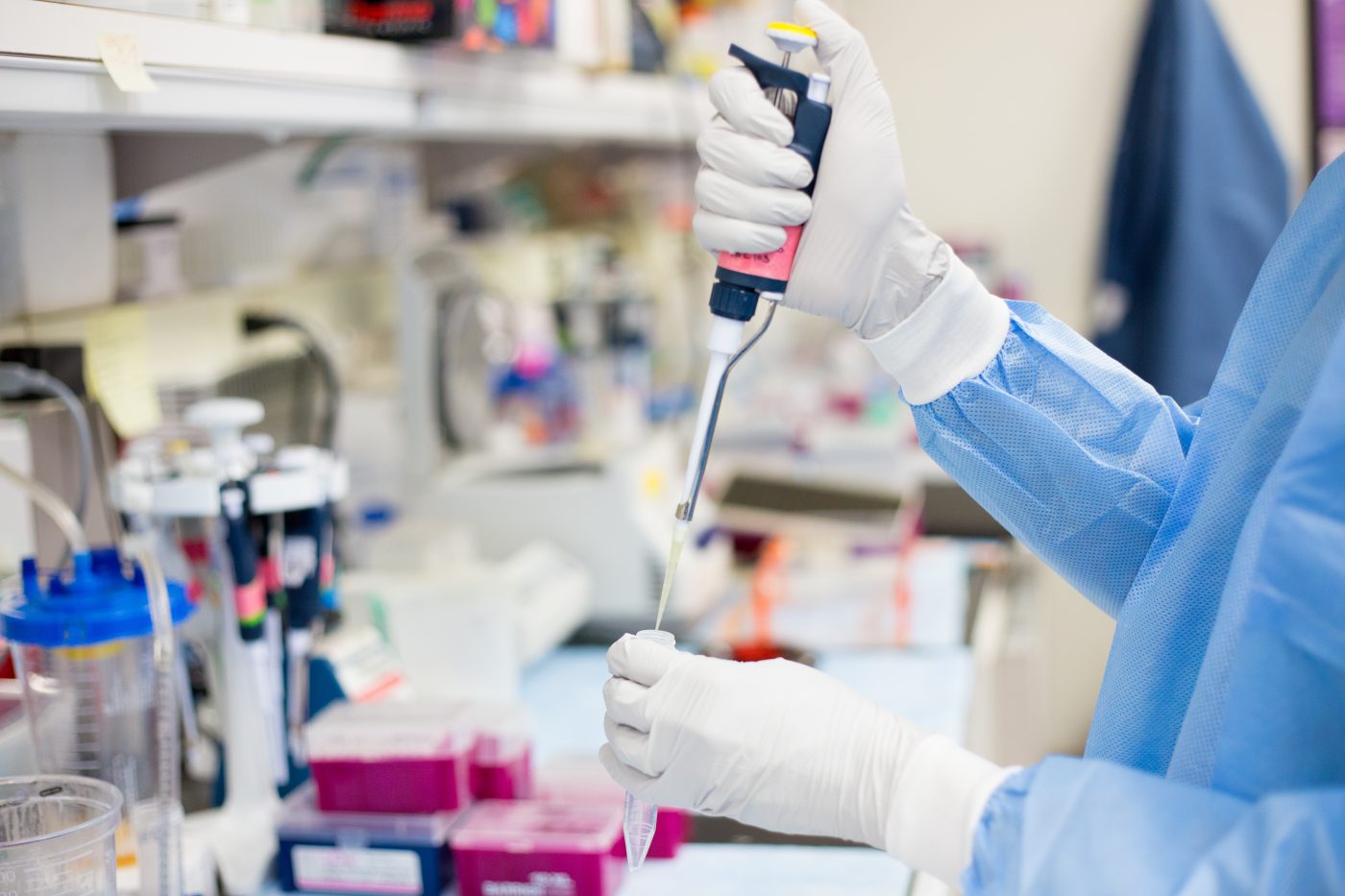Intarcia Therapeutics, Inc. an emerging biopharmaceutical company developing therapies that combine medicine with technology, recently announced positive data from its FREEDOM-2 study, a 52-week Phase 3 clinical trial that aimed to determine the comparative efficacy of its investigational drug ITCA 650 to Merck’s Januvia in diminishing HbA1c in patients with type 2 diabetes after 12 months of treatment.
FREEDOM-2 was a randomized, multi-center, double-blind, active comparator, global Phase 3 clinical study that enrolled 535 adult patients with HbA1c levels greater than or equal to 7.5% and less than or equal to 10.5%. All patients that participated in the trial had been prescribed metformin monotherapy.
ITCA 650 (continuous subcutaneous delivery of eventide) uses Intarcia’s proprietary technology platform involving a matchstick-size, miniature osmotic pump that is placed sub-dermally to provide continuous and consistent drug therapy, and the company’s proprietary formulation technology, which maintains stability of therapeutic proteins and peptides at human body temperatures for long, extended periods of time. Exenatide, the active agent in ITCA 650, is a glucagon-like peptide-1 (GLP-1) receptor agonist currently marketed globally as a twice-daily and once weekly self-injection therapy for type 2 diabetes, and a member of a drug class called incretin mimetics.
Results from the trial which will be published and presented in major conferences showed that ITCA 650: Compared to Januvia 100mg, more patients on ITCA 650 60mcg achieved the secondary composite endpoint combining glucose reductions of > 0.5% and weight reductions of 2 kg or greater.
Compared to Januvia 100mg, more patients on ITCA 650 60mcg achieved the ADA-recommended HbA1c target of < 7.0%.
“These clinical results and the innovative method of administration represent a potential major advance for the entire type 2 diabetes community,” said Robert R. Henry, M.D., Chief, VA Endocrinology & Metabolism, and Professor of Medicine in Residence at UCSD, and an investigator in the FREEDOM Phase 3 clinical trial program. “The comparative data leave little room for speculation about ITCA 650’s potential value in a chronic disease where more than half of all patients are not at the recommended glycemic goal and not adherent to therapy over time. “If approved, ITCA 650 would be the first and only GLP-1 receptor agonist to offer a viable alternative to regular life-long injections, and, with once or twice yearly dosing, it has the potential to enhance patient compliance, which has also been a long-standing, unresolved problem and a major contributing cause of poor glycemic control over time. Given the epidemic nature of type 2 diabetes and the immense unmet need within this growing population, I’m extremely encouraged by these results for ITCA 650, and I’m hopeful that this much needed and long-awaited treatment option may be available in the near future.”
Results from the FREEDOM-2 clinical trial also showed that ITCA 650 60 mcg/d had an overall and G.I. tolerability profile comparable to prior FREEDOM-1 Phase 3 placebo- trial data, which were recently presented at the ADA.
Over the full year of treatment, results showed that discontinuations for nausea were in the low single digits and that there were no patients experiencing major hypoglycemia.
Minor infections at the application site were reported in less than 1% of all procedures and the placements and removals of ITCA 650 were very well tolerated.
Kurt Graves, Chairman, President and CEO of Intarcia, commented: “Our third Phase 3 trial results mark another major milestone for our company. The comparative results on all study endpoints for ITCA 650 vs. Januvia were unambiguous and compelling, particularly in light of how widely Januvia was prescribed worldwide last year, with global sales of more than $6 billion. What is even more exciting and important to me are the strength and sustained reductions demonstrated by our data over 52 weeks. The prospect of bringing a totally new therapeutic approach to the market that has shown a potential to reduce both HbA1c, by a mean 1.5%, and reduce weight, by a mean 4 kg, in the population studied is remarkable.” Graves continued, “Add to that our planned once or twice-yearly dosing, a very important and new delivery alternative to daily pills and life-long self-injections that many patients have difficulty adhering to after just 3-6 months. ITCA 650 was designed with built-in compliance and adherence aspects that can really matter over time and future real-world comparative outcome studies will look to reinforce how this can potentially transform treatment outcomes in diabetes. To date, injectable type 2 diabetes medicines have really struggled to be used to any significant degree early in the disease after front-line metformin fails. Our FREEDOM-2 data clearly show our potential in this early post-metformin setting and our market research shows our novel dosing opens up a large segment of the market that injectable medications have only marginally penetrated. We look forward to working closely with global health authorities and our partners as we prepare ITCA 650 for regulatory filings in the first half of next year, and then to make it available to appropriate patients and the broader healthcare system.”


